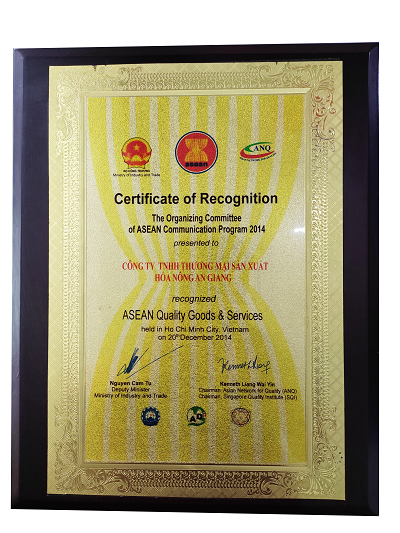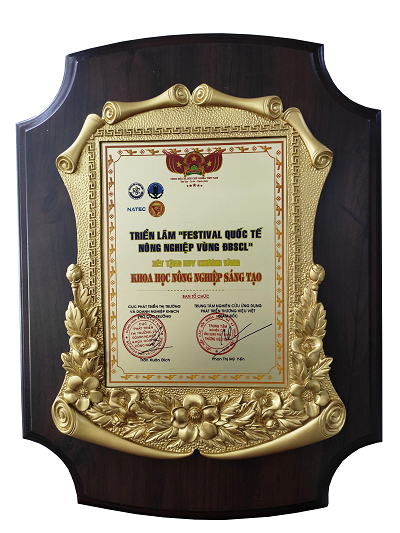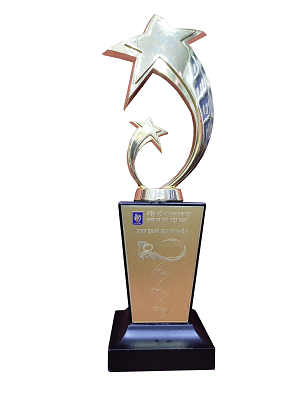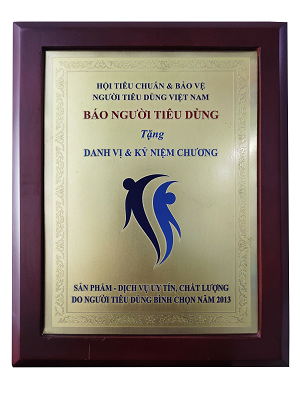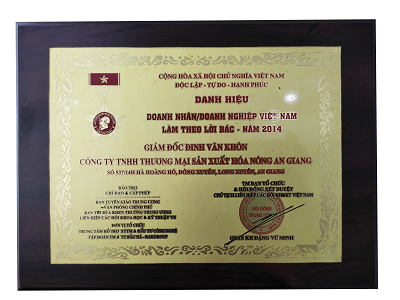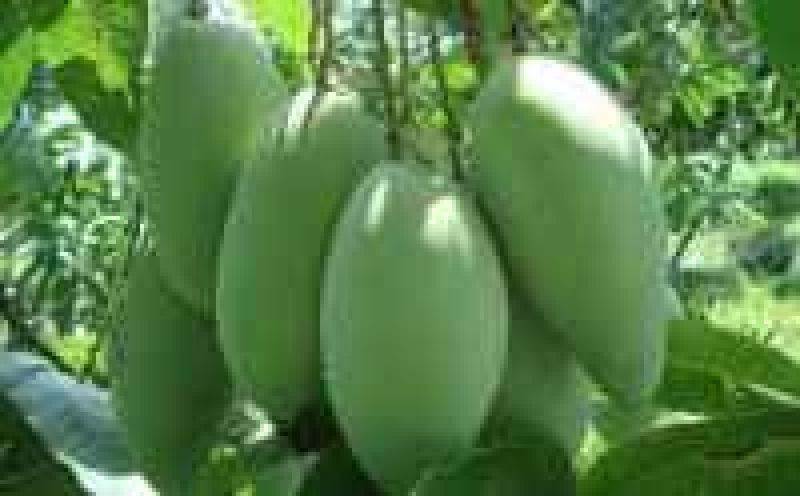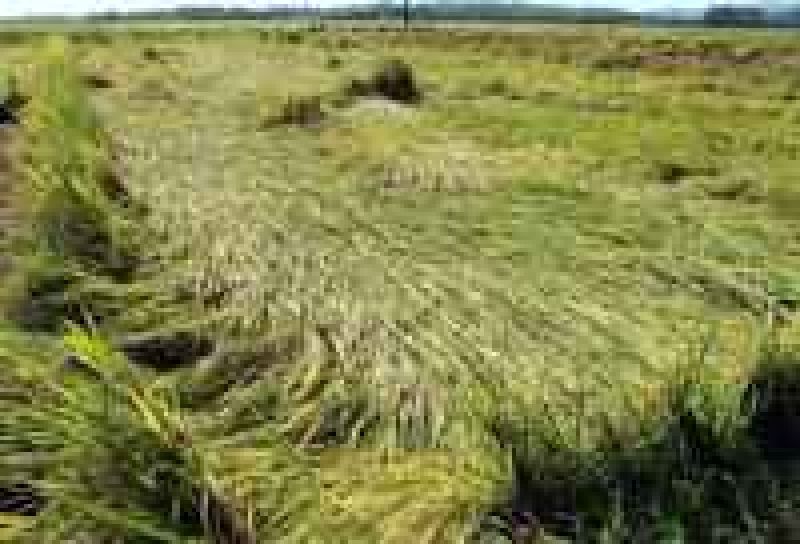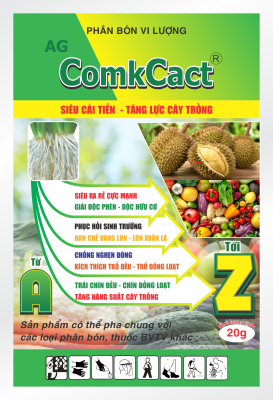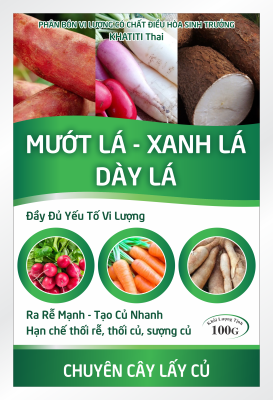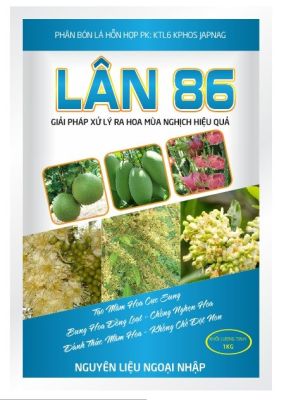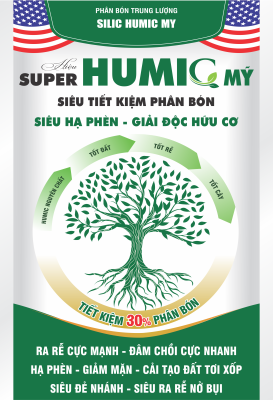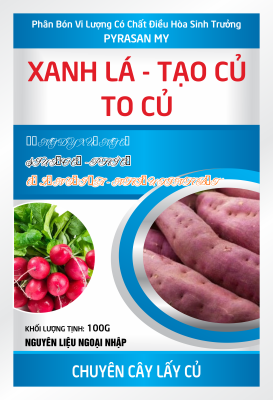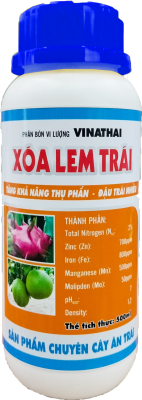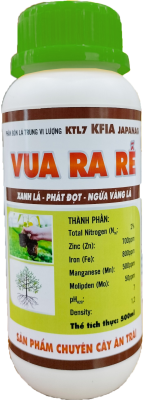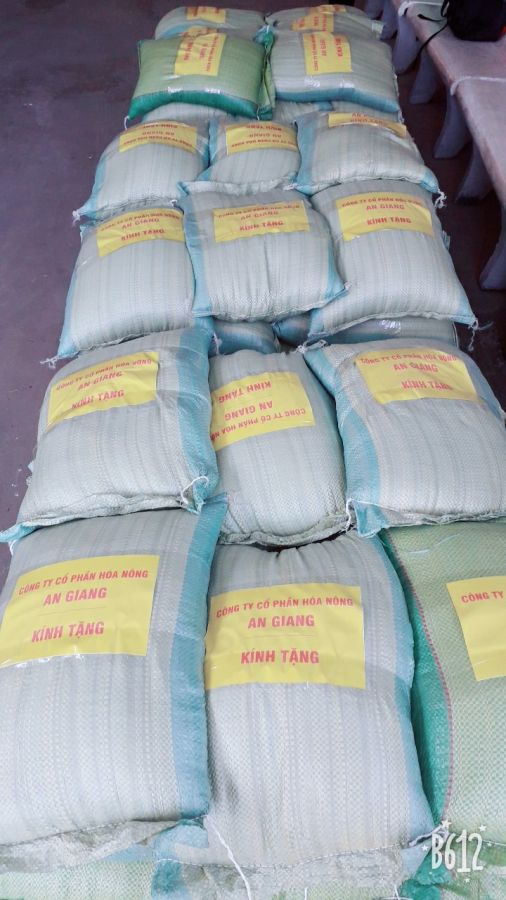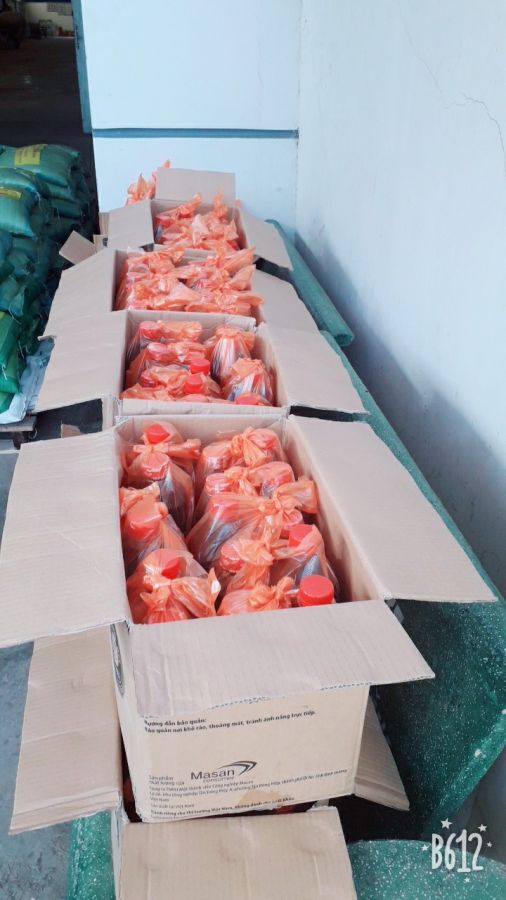What are essential nutrients for plants?
- An element is neccessary if the plant cannot complete its life cycle without it, and cannot be replaced by another element that performs the same function during growth.
- An essential nutrient that plants need in large quantities is called a macronutrient, while a nutrient needed in very small quantities is called a micronutrient.
- Nutrients directly participate in the growth and development of plants. If lacking or inadequate, they will adverely affect plant development, leading to stunted growth and slow growth or cell death leading to plant death.
What nutrients are necessary for plant life?
 To grow and develop normally, plants use 16 basic nutritional elements for all their biochemical needs.
To grow and develop normally, plants use 16 basic nutritional elements for all their biochemical needs.
Air and water elements: Carbon (C), Hydrogen (H) and Oxygen (O). These elements make up the main structural components of plants and they are usually obtained by plants from air and water.
Main elements/macro-nutrients: Include Nitrogen (N), Phosphorus (P), Potassium (K), Calcium (Ca), Magnesium (Mg) and Sulfur (S). These elements need to be supplied in large quantities for plants to grow.
Trace elements/micro-nutrients: Including Iron (Fe), Manganese (Mn), Zinc (Zn), Copper (Cu), Molybdenum (Mo), Boron (B), Nickel (Ni) and Chlorine (Cl). The quantities of these elements required are less than the major elements but they are all necessary for plant growth.
What is the role of macroelements?
Nitrogen (N): Nitrogen is an important element in building protein molecules, water or other structural substances in plants. It is the main component of nucleic acids and other organic compounds, which give plants the ability to grow. NItrogen is absorbed by plants mainly in the form of ammonium ions (NH4+) or nitrate (NO3-).
Phosphorus (P): Phosphorus is an important element for plant growth and development. It plays an important role in transporting energy from ATP (adenosine triphosphate) during the synthesis and decomposition of organic compounds. Phosphorus is also a structural component of ATP and DNA molecules.
Patassium (K): Potassium is an essential trace element for plants. It is involved in many biological processes such as enzymatic activity, regulation of water pressure in cells and creating a microscopic surface area between the plant and its surroundings. Potassium also helps increase plant resistance to pathogens and positively affects crop quality and yield.
Calcium (Ca): According to sources from Google, calcium (Ca) is not only important for body and bone development but also helps plants fight against pathogens. It also helps reduce the toxicity of other elements such as Fe and Al.
Magnesium (Mg): For plants, magnesium (Mg) is part of chlorophyll-performing an important role in photosynthesis.
Sulfur (S): Sulfur (S) is absorbed by plant in the form of sulfate (SO42-) and helps plants grow. High S helps plants withstand enviromental impacts.
What is the role of trace elements?
Iron (Fe): Iron plays an important role in photosynthesis and plant respiration. It is a core companent of the compound chlorophyll and is also required for the chemical production of many enzymes.
Manganese (Mn): Manganese is an essential component of many compounds and chemical processes in plants. It, along with iron, plays an important role in photosynthesis.
Zinc (Zn): Zinc is also very important because it participates in many basic functional processes. Zinc is essential for the functioning of certain enzymes and it also promotes plant growth and development.
Copper (Cu): Copper is an important element necessary for the photosynthesis process of plants. It helps form chlorophyll and participates in many oxidation processes in plants. Copper deficiency can lead to reduced leaf size and slowed plant growth.
Molubdenum (Mo): Molybdenum participates in the nitrogen metabolism process in plants, specifically the conversion of nitrate to nitrite and then to ammonia so that plants can use it. Molybdenum also plays a role in the absorption of other elements such as phosphorus.
Boron (B): Boron plays a role in many different life functions of plants including cell division, pollen growth and seed formation. Without boron, plants may experience problems with the growth and size of leaves and roots.
Nickel (Ni): Nickel is an important trace element in plants. Although ther are present in only small amounts in plants, Ni plays an important role in biological processes. Nickel is an essential part of certain enzymes, especially enzymes involved in photosynthesis and water absorption. Ni deficiency in plants can cause reduced growth and development.
Chlorine (Cl): Chlorine is a tarce element present in plants. Cl participates in biological processes such as the movement of water and ions in plants, providing favorable condition of water and ions within the plant. Cl deficiency can cause proplems in water and ion movement, leading to impaired growth and development.
What is the important position of nutrition in agricultural cultivation?
Nutrition plays an important role in agricultural cultivation Specifically:
Ecological environment: Nutrition helps provide plants with the necessary elements to grow and reproduce, thereby improving the ecological environment and maintaining the balance of biodiversity.
- Plant development: Nutrition plays an important role in plant development, including root and leaf growth, flowering and fruiting.
- Plant health: Nutrition helps improve plant health, helps plants resist diseases and provides plants with energy throughout the growth process.
- Productivity and product quality: Standardizing nutritional supply in farming also helps increase productivity and improve the quality of agricultural products.
- Adjust soil pH and moisture: Nutrients can help regulate soil moisture and pH, helping to optimize living conditions for plants.
In agricultural farming, proper management of crop nutrients is very important to achieve maximum productivity and quality of agricultural products.










